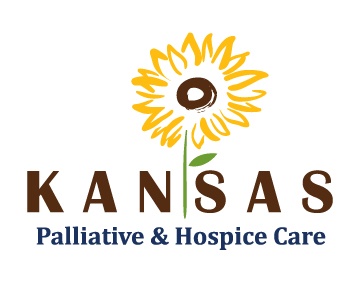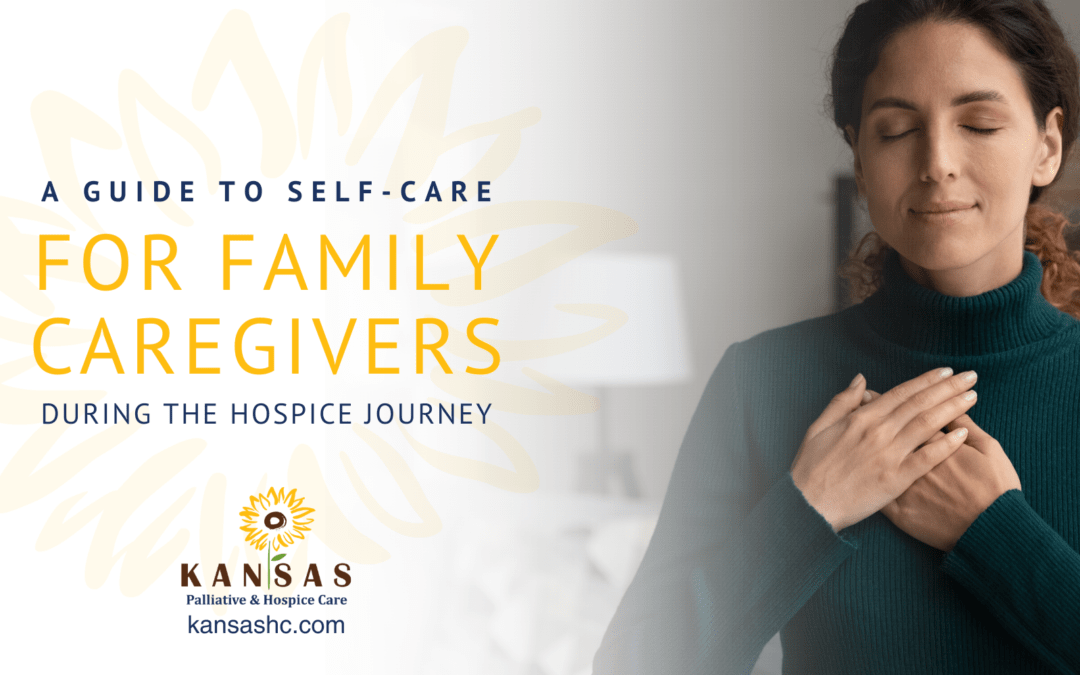As a family caregiver, you hold an essential role in providing comfort and support to your aging or terminally ill loved one. However, it is easy to forget the importance of self-care while focusing on your loved one’s needs. Below, we offer guidance and support on nurturing yourself during this difficult time, ensuring you remain strong, healthy, and emotionally resilient.
Acknowledge Your Emotions
Caring for a loved one nearing the end of their life often evokes a range of emotions, including sadness, fear, and anxiety. Acknowledging these feelings is the first step in self-care. Give yourself permission to experience these emotions without self-judgment or guilt. If needed, reach out to a mental health professional to assist you in processing these emotions.
Prioritize Sleep and Rest
Getting enough rest might seem challenging as a caregiver, but it is crucial for your well-being. Prioritizing sleep, even if it is in small increments of time, can help you maintain your energy levels. Additionally, taking short breaks throughout the day, engaging in physical activity, or practicing mindfulness exercises can help alleviate stress and promote relaxation.
Build a Support Network
Support is crucial when caring for your loved one. Reach out to family and friends, join support groups specific to your situation, and consider seeking guidance from a hospice care provider. Acknowledge when you need help and accept it. You do not have to go through this journey alone.
Engage in Activities that Bring You Joy
Caregiving can be physically and emotionally exhausting; neglecting activities that bring joy can be easy. Engage in hobbies or activities that promote relaxation, such as reading, listening to music, or spending time in nature. Self-care is all about nourishing your soul and spirit, and engaging in activities that make you happy is an essential part of it.
Take Care of Your Physical Health
Caring for a loved one can be physically demanding, and it is crucial to prioritize your physical health. This includes regular check-ups, paying attention to your nutrition and hydration, and engaging in low-impact physical activity like walking. Additionally, taking breaks to stretch or engage in relaxation exercises can help improve your overall well-being.
How Hospice Care Can Help
Hospice care can profoundly enhance self-care for family caregivers, providing them with the tools, guidance, and respite they need to prioritize their own well-being.
- Professional Guidance and Support: Hospice care brings a team of compassionate professionals who are committed to not only ensuring the comfort and well-being of your loved one but also supporting you, the family caregiver. Our team provides guidance, education, and emotional support, helping you navigate the challenges and uncertainties that accompany end-of-life care. Through this partnership, you can find solace in knowing that you are not alone on this journey.
- Respite Care: Family caregivers often dedicate every waking moment to meeting the needs of their loved one, which can lead to physical and emotional exhaustion. Hospice care offers respite care, allowing you to take a break and recharge. Our respite care services provide temporary relief by arranging for skilled professionals to care for your loved one, allowing you to focus on your own self-care and rejuvenation.
- Emotional and Spiritual Support: Caring for a loved one at the end of their life can generate a whirlwind of emotions. Hospice care acknowledges the emotional toll this journey takes on family caregivers and offers emotional and spiritual support. Our interdisciplinary team includes counselors, social workers, and chaplains who can provide a listening ear, guidance, and resources to help you navigate the complex emotional landscape during this time. We are here to ensure you feel supported, understood, and uplifted.
- Education and Skill-building: Hospice care prides itself on empowering family caregivers with the knowledge and skills needed to provide the best possible care for their loved ones. Our trained professionals offer education on symptom management, pain control, and practical caregiving techniques. Equipped with this knowledge, you can feel confident and empowered in your caregiving role.
- Bereavement Support: The loss of a loved one can be an incredibly challenging experience. Hospice care extends its support beyond the end of life, providing bereavement support services to family caregivers. Through counseling, support groups, and resources, we help you navigate the grief journey and find healing and strength in the midst of loss.
As a family caregiver, it is easy to overlook the importance of self-care while guiding your loved one through their end-of-life journey. Remember, caring for yourself is not selfish but a crucial part of providing care to others. At Kansas Palliative & Hospice Care, we understand the importance of taking care of yourself and are here to help. Reach out to our team, join one of our support groups, or seek guidance from our trained professionals. You do not have to face this journey alone.
Need help? Contact us at (913) 353-6525.


